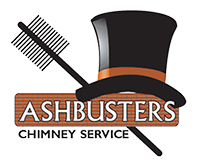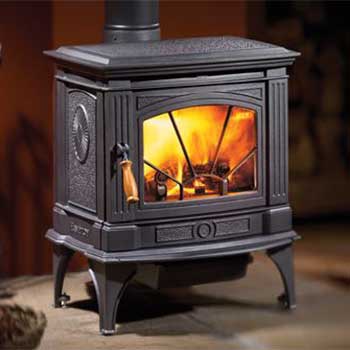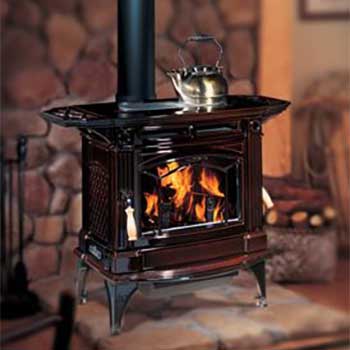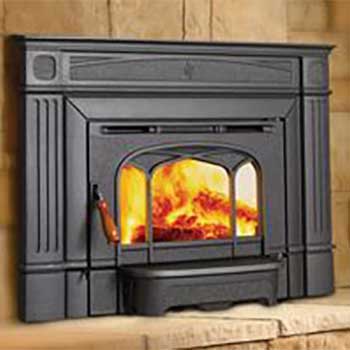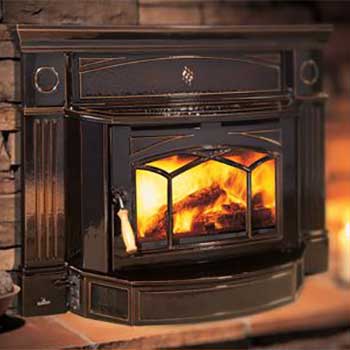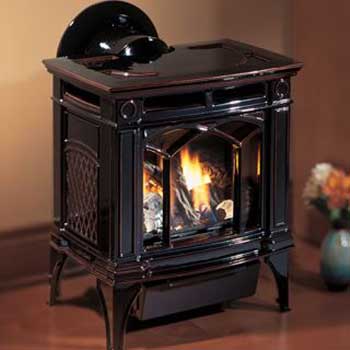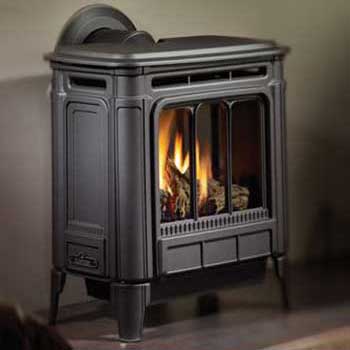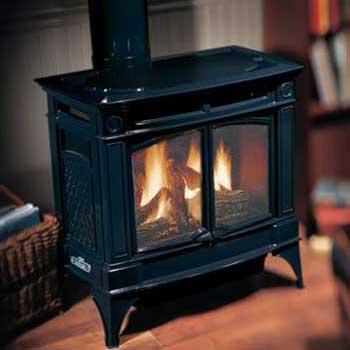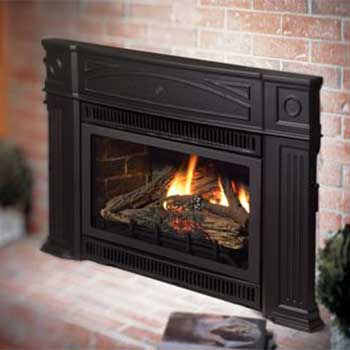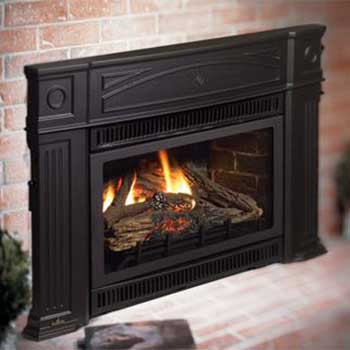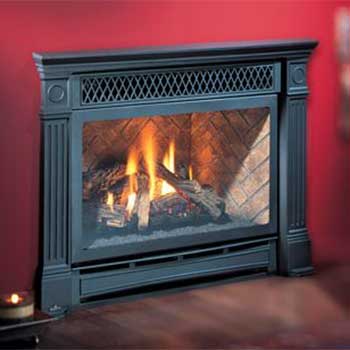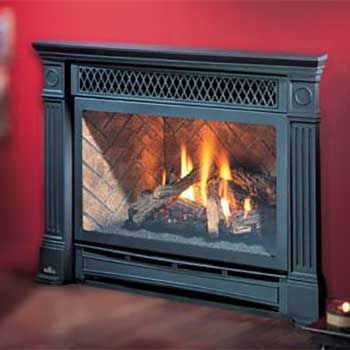You Can’t Go Wrong with Cast Iron Stoves, Fireplaces & Inserts
We sell quality cast iron systems from Regency and Hearthstone. If you see something you like, don’t hesitate to reach out to our team of experts today. We’d love to hear from you, and we specialize in helping customers find the best products for their home, needs, and budget.
Regency
Hearthstone
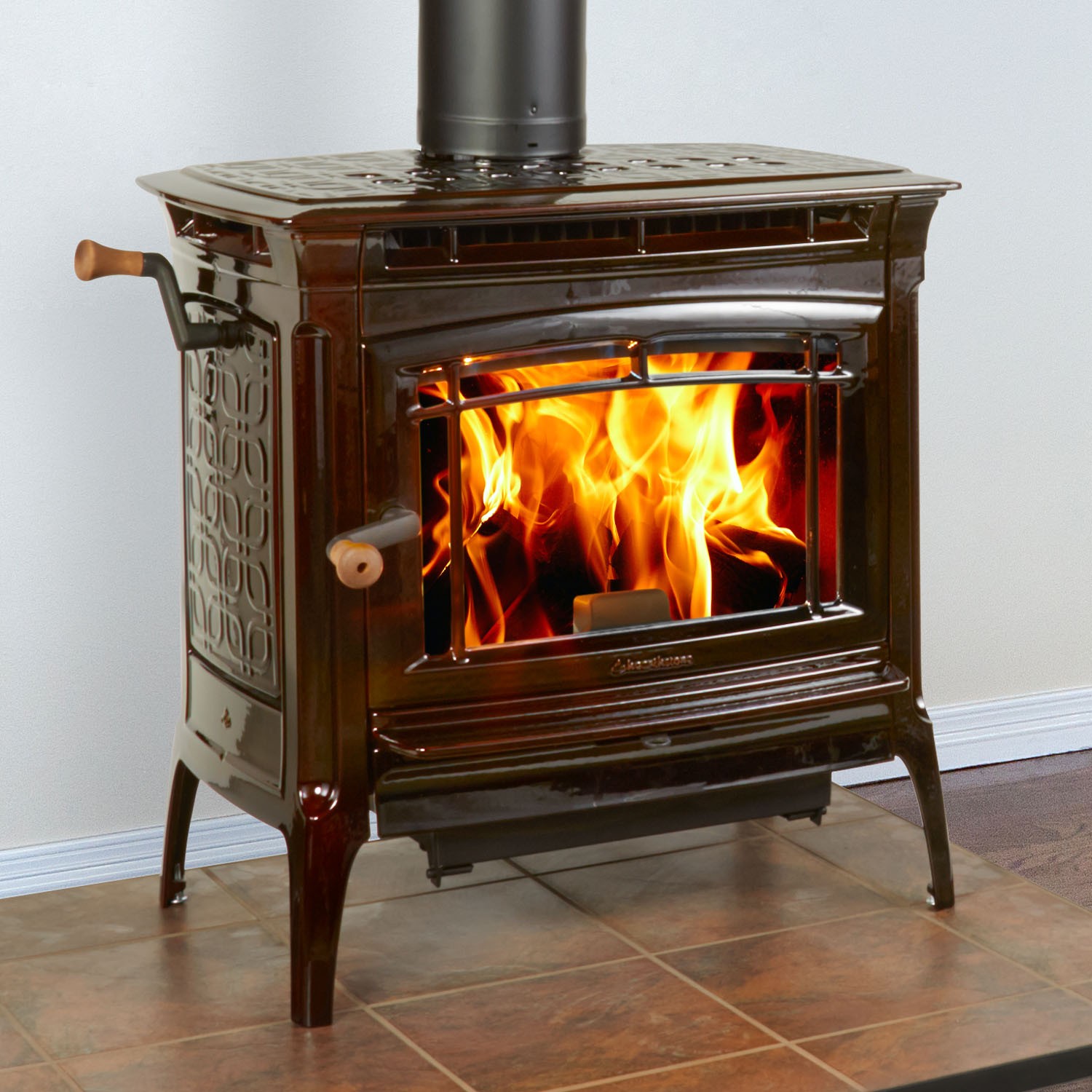
Manchester 8360 Wood Stove
Heats up to: 2,400 sq ft
Firebox Capacity: 2.9 cu ft
Size: Up to 78,000 BTUs
EPA Certified: 3.0 gph
Efficiency: 80% LHV
Burn Time: Up to 12 hours
HeatLife: Up to 14 hours
Maximum Log Length: 24″
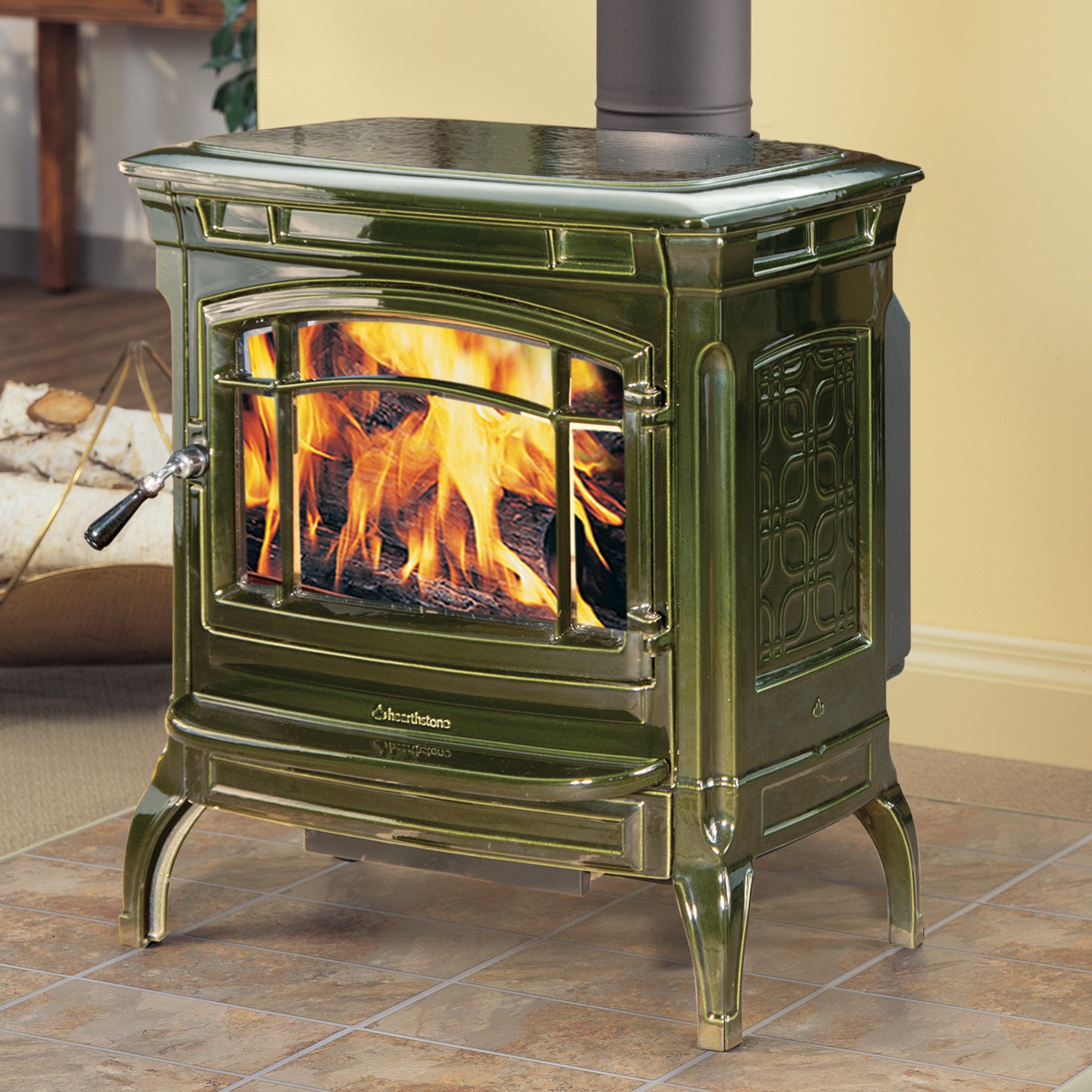
Shelburne 8371 Wood Stove
Heats up to: 1,800 sq ft
Firebox Capacity: 2.0 cu ft
Size: Up to 60,000 BTUs
EPA Certified : 2.1 gph
Efficiency: 80% LHV
Burn Time: Up to 8 hours
HeatLife: Up to 10 hours
Maximum Log Length: 20″
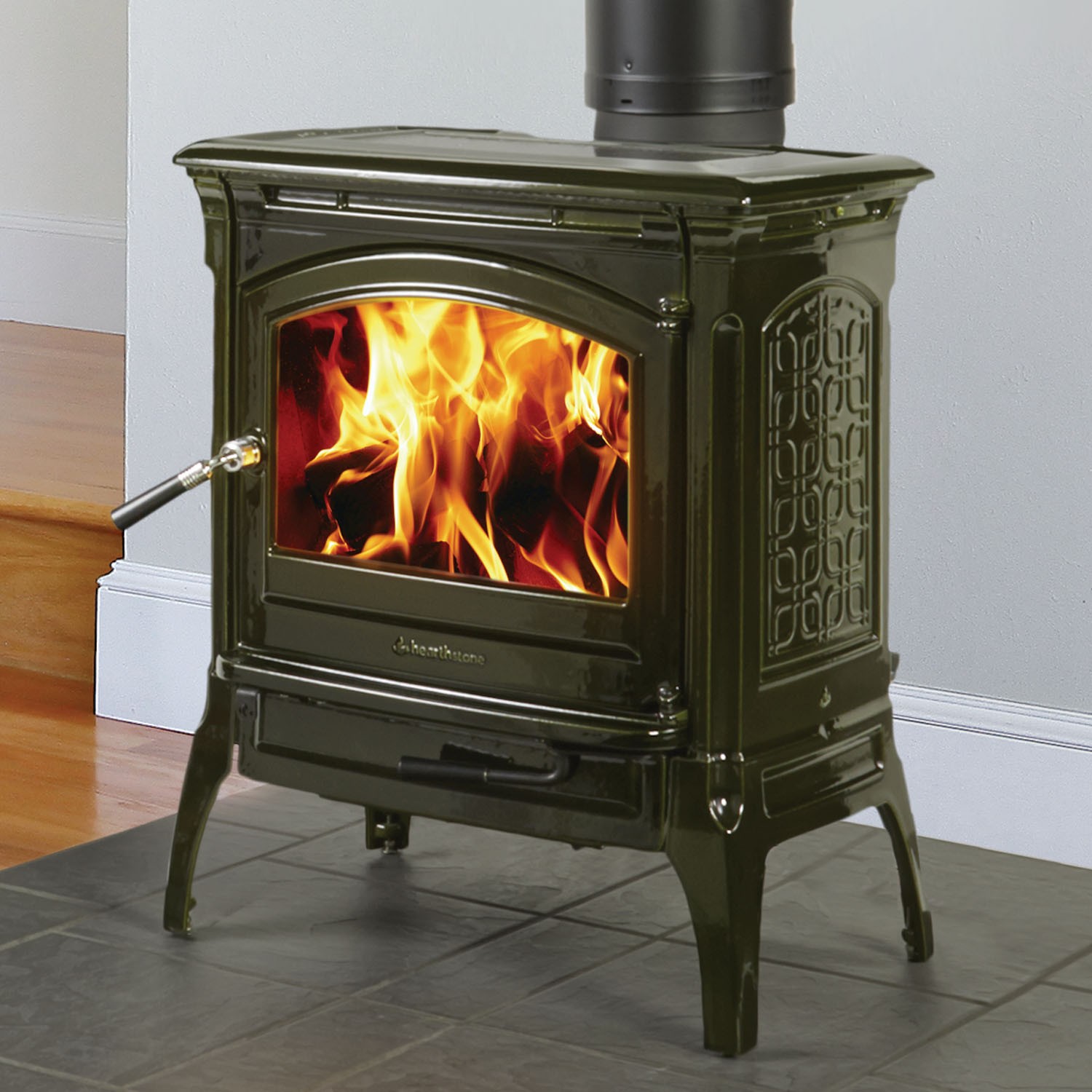
Craftsbury 8391 Wood Stove
Heats up to: 1,300 sq ft
Firebox Capacity: 1.5 cu ft
Size: Up to 40,000 BTUs
EPA Certified: 3.8 gph
Efficiency: 81% LHV
Burn Time: Up to 6 hours
HeatLife: Up to 7 hours
Maximum Log Length: 17″
If you like sleek lines and a classy look, check out the beautiful contemporary gas fireplaces available in our fireplace collection today.
